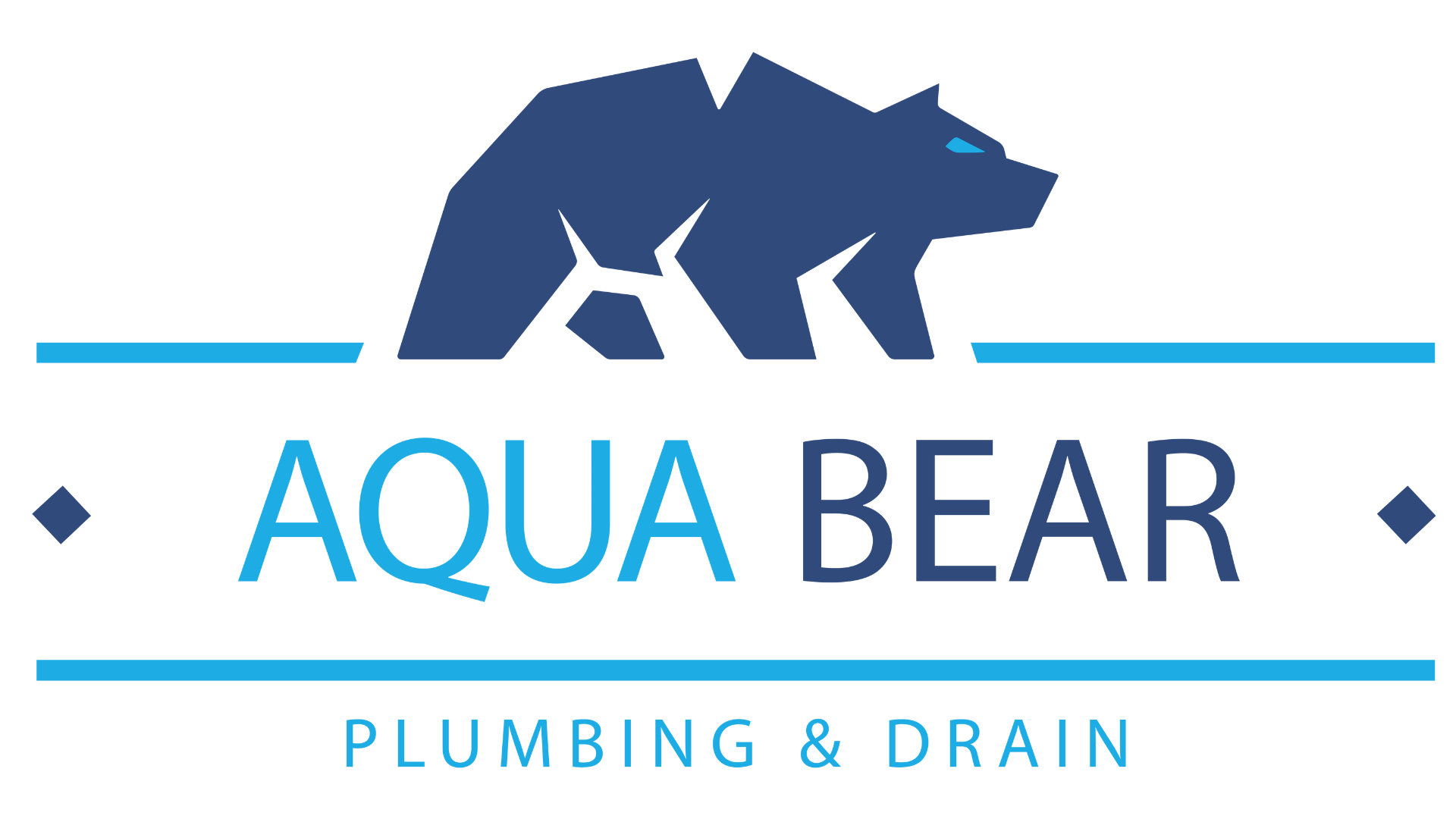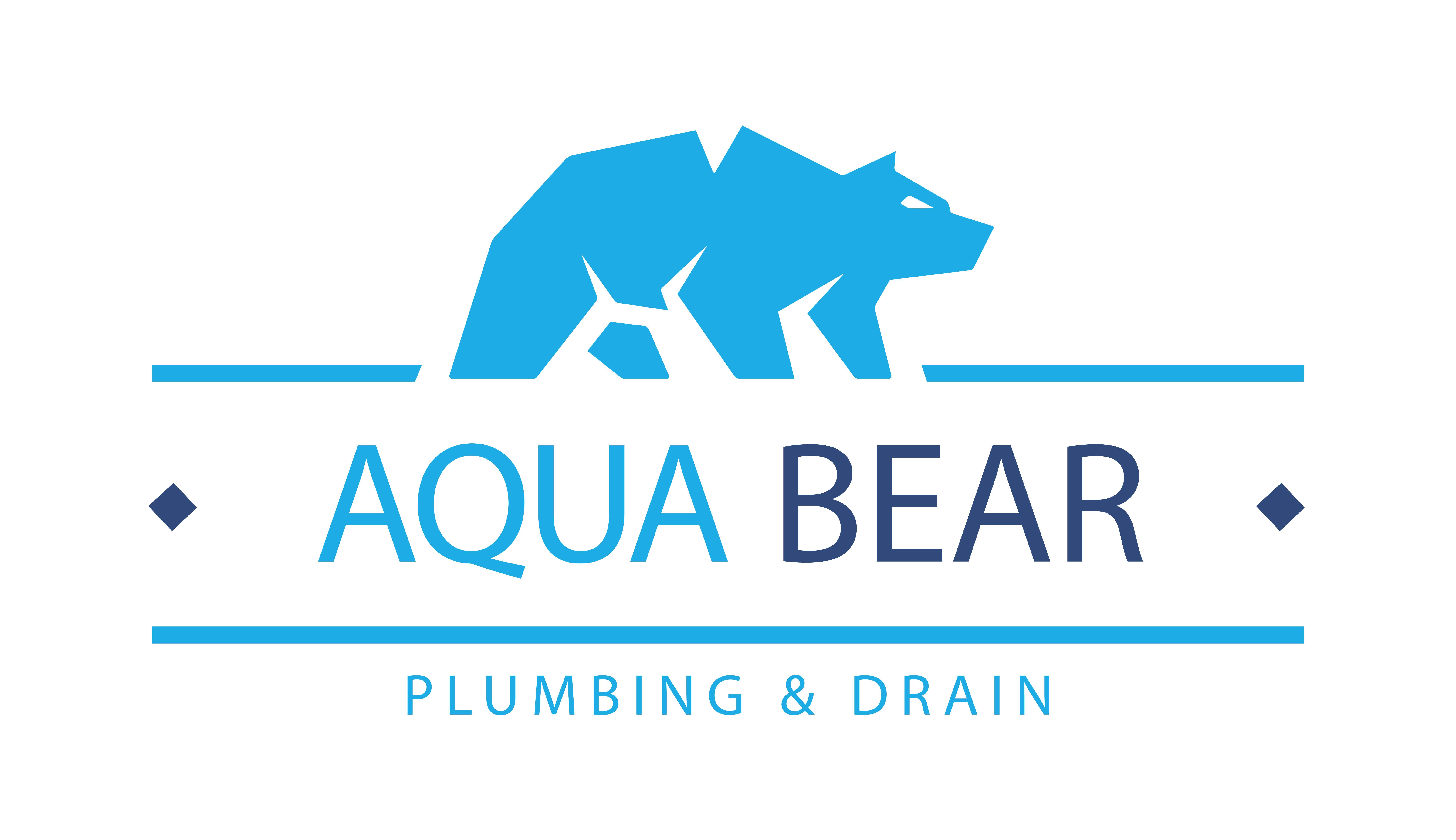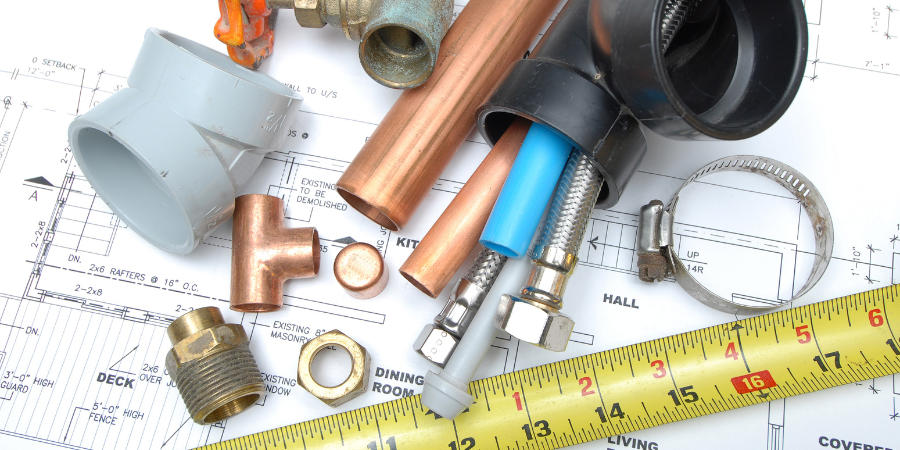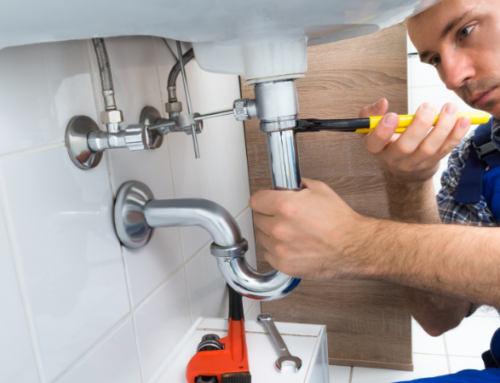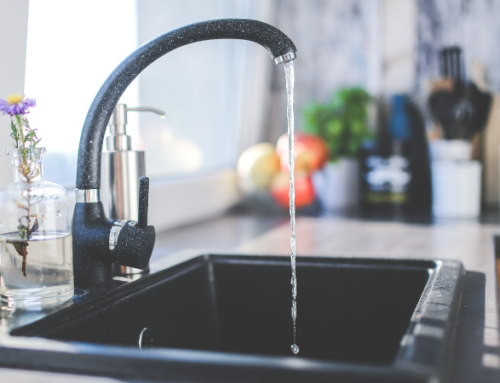The infrastructure within every home includes the wooden framing, the electrical wiring, the HVAC components, and, of course, the plumbing system. The plumbing system is responsible for bringing in fresh clean water while simultaneously removing solid and liquid waste from a home to maintain sanitary conditions and comfort. The plumbing pipes can be made of various materials depending on the pipe’s particular function but installing durable, long-performing pipe material is essential. Pipes made from inferior materials can lead to frequent clogging of pipes or pipes that crack and leak even under the slightest pressure. This can result in expensive damages and can create conditions that are detrimental to the health of its inhabitants.
This article will look at the benefits of copper pipe compared to PEX and discuss their differences in relation to durability, longevity, cost-effectiveness, and installation complexities to name a few variables. It is intended to help homeowners make a choice between these two types of pipe and determine which is best for their repiping project.
Copper
In the 1060s copper pipe began being used for residential plumbing. Copper has many advantages but it is not without problems. Let’s look at the holistic picture of copper piping and note some warning signs of which to be aware. Copper is a popular choice for home construction and renovations as it is flexible and lightweight making for easy installation. Copper is also naturally resistant to corrosion and is not susceptible to rust making it a long-functioning product that can last more than 50 years. Unfortunately, not all grades of copper are equal, and sub-par copper is sometimes selected as a money-saving effort. This can be a very poor choice that can lead to flooding and other plumbing emergencies. Additionally, if the water traveling through the copper pipe is acidic it can, over time, cause pin-hole leaks to form that often go undetected until more serious issues appear. Some signs you may have a hidden leak in a copper pipe are sudden unexplained low water pressure, stained walls and ceilings, and greenish-blue stains in sinks, toilets, and bathtubs indicating corrosion.
PEX
Another option for home plumbing piping is a pipe known as PEX which stands for cross-linked polyethylene plastic. PEX pipe comes in three types A, B, and C and four colors indicating it’s particular usage.
Type A: This type of PEX is the most flexible type making it ideal for transporting water. Type A pipes are more resistant to freezing and, although they are the most expensive among the three PEX types, they are considerably less expensive than copper pipe.
Type B: Type B pipe is a much stiffer pipe with a rigid coil memory making it more difficult to install. This type has a higher resistance to chlorine, however, so it is useful in areas with high chlorine content.
Type C: Type C is the stiffest of all three types and is prone to, cracking so it is often installed in short pieces for repair purposes only.
The installation of PEX piping originates from a central manifold and is directly piped to a home’s fixtures and water-using appliances. This type of installation requires fewer connections making it desirable since fewer connections equal fewer leaks. Its flexibility, temperature adaptation, and leak resistance make PEX pipe a more popular and less expensive option for residential plumbing.
Which Pipe Is Right For You?
Knowing the pros of copper and PEX pipe will help you decide which type is best but be aware that both have some downsides. Copper pipe is long-lasting but compared to PEX it pales in comparison. Copper also has negative health concerns as high levels of copper in drinking water lead to nausea, vomiting, and even liver damage so monitoring the level of copper in the water is a must. PEX piping cannot be connected directly to a hot water heater as copper can and if used near a heater 18 inches of copper pipe must precede it. It is also unsuitable for above-ground plumbing installations.
Conclusion
Both copper and PEX plumbing pipes have advantages and disadvantages so before you decide it is best to consult with a professional plumber who can evaluate all aspects of a plumbing installation and decide which material is best. Making the right decision will allow you to enjoy long-lasting plumbing while comfortably remaining within your budget. Regardless of which option you use be certain to select the highest quality materials you can afford and be sure the plumber you choose has the experience and expertise to guide you through the process. There is no substitute for knowledge!
Looking For A Repiping Company In North County?
Our team of professional plumbing technicians has decades of repiping experience. Contact us today to for a free repiping quote or to schedule an appointment.
